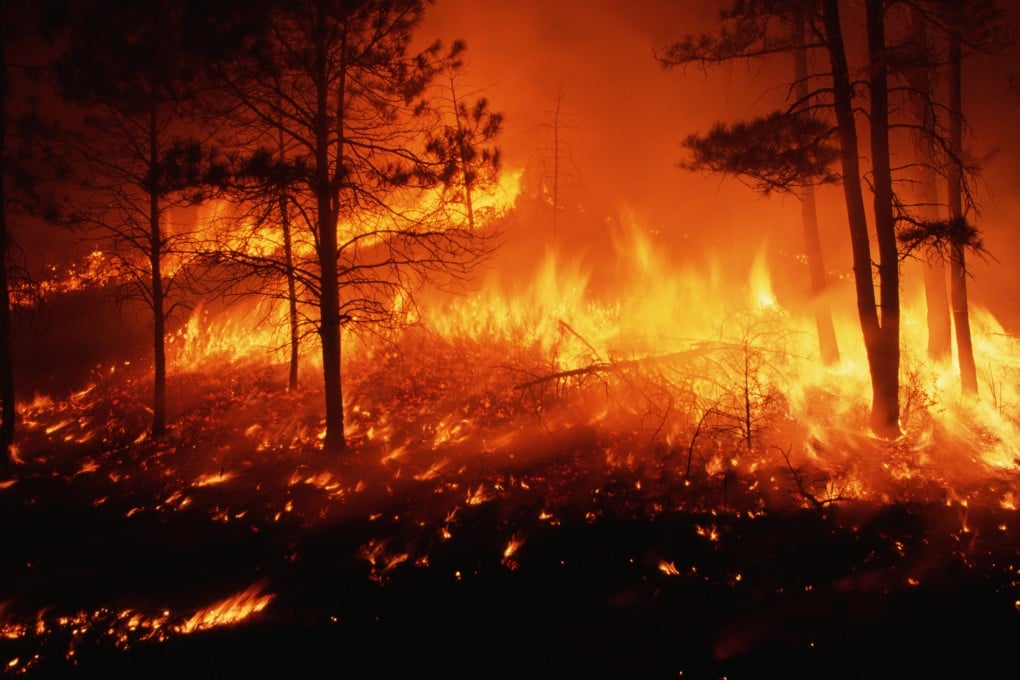Language Matters | ‘Global boiling’? It’s not enough to seethe about it – we need to find steps, prioritise and act collectively to avoid the worst of climate change
- UN Secretary General Antonio Guterres heralded ‘the era of global boiling’ to underline the severity of the situation facing the planet
- Boil is a word English borrowed from Old French to replace another word, seethe. But we must all do more than seethe about climate change – we must act

“The era of global boiling has arrived.” So warned United Nations Secretary General Antonio Guterres recently, following scientists’ assessments of July as having been our planet’s warmest period – for both surface air and ocean temperatures – on record.
Boiling is the action of bubbling up in agitation under the influence of heat, or ebullition, due to the lowest portions of the liquid passing into gaseous form and escaping as bubbles.
The word boil was borrowed into early 13th century English from the Old French boill-ir “boil, bubble up, ferment, gush”, which came from the Latin bullīre “to bubble, seethe”. The word is said to be an attempt to represent the noise made by boiling water.
Middle English did have its own word for this: sethen, from the Old English seoþan, with the meaning “to boil, be heated to the boiling point, prepare [food] by boiling”, as well as the figurative meaning “be troubled in mind, brood”.
However, sethen’s literal meaning was overtaken by the borrowed French boil, and English seethe now just survives in its metaphorical extension, meaning to be filled with intense but unexpressed anger.
